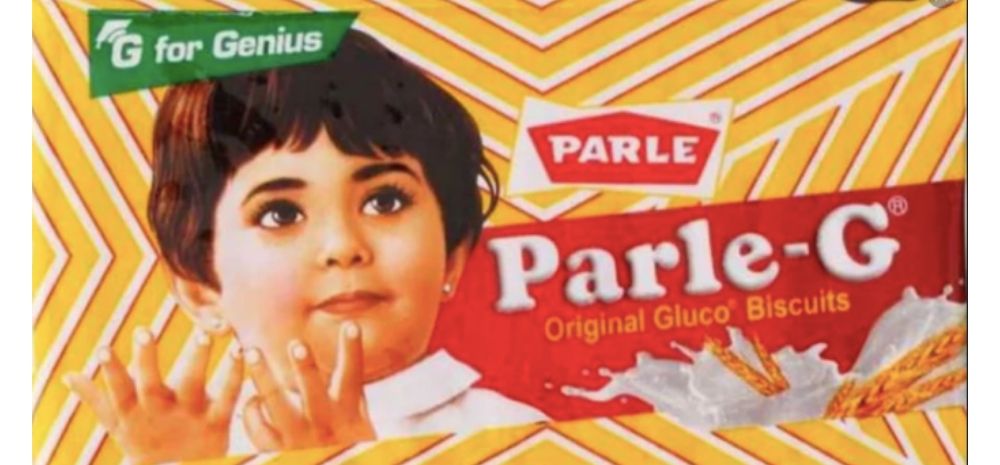Parle Threatens To Fire 10,000 Employees Over High GST, Slow Demand; Asks Govt. To Intervene

I am sure we have all grown up eating the Parle G biscuits, at least once in our childhood days. Once known as Parle Gluco, the Mumbai headquartered company’s biscuits was renamed as Parle-G and became the most famous biscuit in the country, a rather household name in the 80s and 90s. In fact, it was declared the world’s largest selling biscuit brand in 2003.
Unfortunately, just like the FMCG sector, automobile sector, clothing sector, Parle Products Private Limited is facing a slump in sales, to an extent that if the government doesn’t intervene in loosening its tax policies, Parle will have to lay off lay off up to 10,000 workers, as naturally the demand for its biscuits have fallen significantly.
Parle Might Lay off 8000-10,000 Workers
India’s leading Parle biscuit brand is going through a tough time as as slowing economic growth and falling demand has created a dent in the sales of these biscuits, which could soon led to production cuts. Founded in 1929, Parle employs about 1,00,000 people, including direct and contract workers across 10 company-owned facilities and 125 contract manufacturing plants.
Parle, along with its main competitor, Britannia Industries Ltd blame the government for their major downfall in sales, as the GST implied on these biscuits have increased. We shall talk about this issue shortly.
These biscuit firms believe that consumers have become more value-conscious during the times of slowdown in the last six months. Consumers are not buying enough. Offtake from the shops is getting affected. The number of shops stocking these products is the same, but the number of products being sold from these shops is going down due to weakening consumer demand.
Consumers are thinking twice before buying even a Rs 5 biscuit pack. They’re extremely conscious of how many biscuits they are getting for a particular price. Last month, market research firm Nielsen revised its growth forecast for the FMCG sector to 9-10% in 2019, while in the previous year it was 11-12%. This shows a sharp slowdown, especially in the rural heartland, as spending there cools down and small manufacturers lose competitive advantages in a slowing economy.
Parle Blames the Govt For This
To give you a little history, under the previous tax regime, the biscuits -below Rs 100 per kg, were taxed at 12% and when the GST regime rolled out 2 years back, the sector thought it too would remain fixed at 12% for premium biscuits and 5% for the lower-priced ones. Unfortunately for them, after the government introduced the GST, all biscuits were brought under the 18% tax structure.
This imposed a higher levy on biscuits costing as low as Rs. 5 a pack. Naturally, as the tax on generation increased, Parle had to offer fewer biscuits in each pack, forcing it to increase sales prices. Now, Parle has multiple biscuit brands that are aimed at mid- and low-income consumers which form their core consumer base. With an increase in the selling price of these biscuits, the demand has obviously went down.
Not just Parle, Britannia too is facing major problems due to this. Its net profit fell 3.5% year-on-year to Rs 249 crore for the quarter ended April-June 2019. They strongly want government to intervene in the situation and relax the tax systems to some extent. Parle, which has an annual revenue of above $1.4 billion, held talks over the past year with the government’s GST Council as well as former Finance Minister Arun Jaitley, asking them to review tax rates.
“Weakening consumer demand is because of increased
GST on biscuits and worsened by the absence of adequate government stimulus.”

Comments are closed, but trackbacks and pingbacks are open.